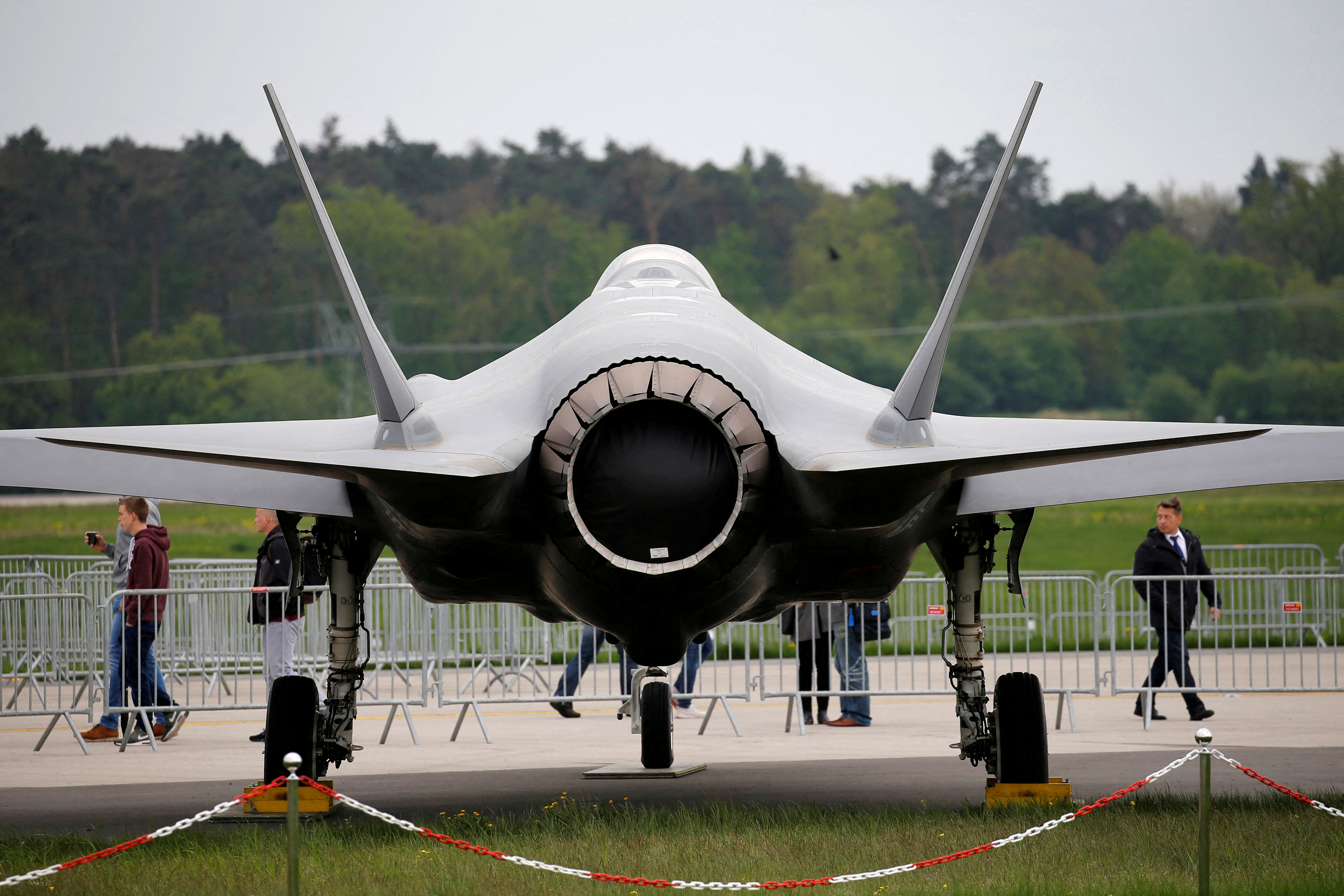US intelligence agencies found evidence this year of construction work on what they believed was a secret Chinese military facility in the United Arab Emirates, which was stopped after Washington’s intervention, according to a report on Friday.
The Wall Street Journal reported that satellite imagery of the port of Khalifa had revealed suspicious construction work inside a container terminal built and operated by a Chinese shipping corporation, Cosco.
The evidence included huge excavations apparently for a multi-storey building and the fact that the site was covered in an apparent attempt to evade scrutiny.
The Biden administration held urgent talks with the UAE authorities, who appeared to be unaware of the military activities, according to the report. It said the discussions included two direct conversations between Joe Biden and Abu Dhabi’s Crown Prince Mohammed bin Zayed al-Nahyan, in May and August.
In late September, the US national security adviser, Jake Sullivan, and the White House Middle East coordinator, Brett McGurk, went to the UAE and presented the details of the US intelligence on the site to the Emirati authorities, with McGurk returning this week to meet the crown prince. After US officials recently inspected the Khalifa site, construction work was suspended, the report said.
The report comes four years after the Chinese navy established a facility in Djibouti, its first overseas base, which was placed within a Chinese-run commercial port, at Doraleh.
The UAE embassy in Washington did not immediately respond to a request for comment but told the Wall Street Journal: “The UAE has never had an agreement plan, talks or intention to host a Chinese military base or outpost of any kind.”
“The Emiratis have said this isn’t happening,” a senior US official said. “I refer you to the Emiratis about this specific project. But I can tell you that we are committed to our enduring partnership between the United States and the UAE.”
The UAE report is the latest example of an increasingly pointed global rivalry between the US and China. On the same day, the state department warned Beijing the US would intervene to defend Philippines ships in the event of an armed Chinese attack, following an incident in which Chinese naval vessels used water cannon against Philippine resupply boats in the South China Sea.
The state department spokesman, Ned Price, called the Chinese action “dangerous, provocative, and unjustified”.
Beijing “should not interfere with lawful Philippine activities in the Philippines’ exclusive economic zone”, Price said in a statement. “The United States stands with our Philippine allies in upholding the rules-based international maritime order and reaffirms that an armed attack on Philippine public vessels in the South China Sea would invoke US mutual defense commitments.”

Hotlines ‘ring out’: China’s military crisis strategy needs rethink, says Biden Asia chief
The White House coordinator for the Indo-Pacific, Kurt Campbell, said: “The chief characteristic of US-China relations right now is competition, and we are competing across the board everywhere.”
“We believe it’s possible to compete responsibly in a healthy way, but at the same time, the president … recognizes that it will be important to try to establish some guardrails … that will keep the relationship from veering into dangerous arenas of confrontation,” Campbell said at the US Institute for Peace on Friday.
Campbell said that at their virtual summit at the beginning of the week, Biden and Xi Jinping agreed on tentative steps towards establishing talks between officials of both countries aimed at reducing the risk of conflict by accident or miscalculation, especially when it came to nuclear weapons.
“What we would like to do … is to enlist China in discussions about what we would do if we faced some sort of acts that were inadvertent,” he said. “We are in the very earliest stages of that kind of discussion, and I think it would be fair to say that President Xi indicated that they would at least engage in that discussion, that we would identify potentially who the right people would be for that kind of discussion, and that would involve people on the military side perhaps, and other parts of our governments as well.”
Campbell said that Biden had also sought talks on the nuclear policies of both nations, but suggested Xi had yet to agree to those kinds of discussions.
“We want to just have a very general discussion on what we might call doctrinal issues about … certain steps that you might take in the nuclear realm [that] would be potentially destabilizing,” he said. “China in the past has never been interested in arms control. They have been generally reluctant to talk about operational limitations. And they’ve been very careful about revealing anything associated with key attributes of their defense posture and the like. So I think we go into this carefully.
“I was in the meeting,” Campbell added. “I think President Xi indicated that he was prepared for some of this, but I think that’s going to have to be tested over time.”
